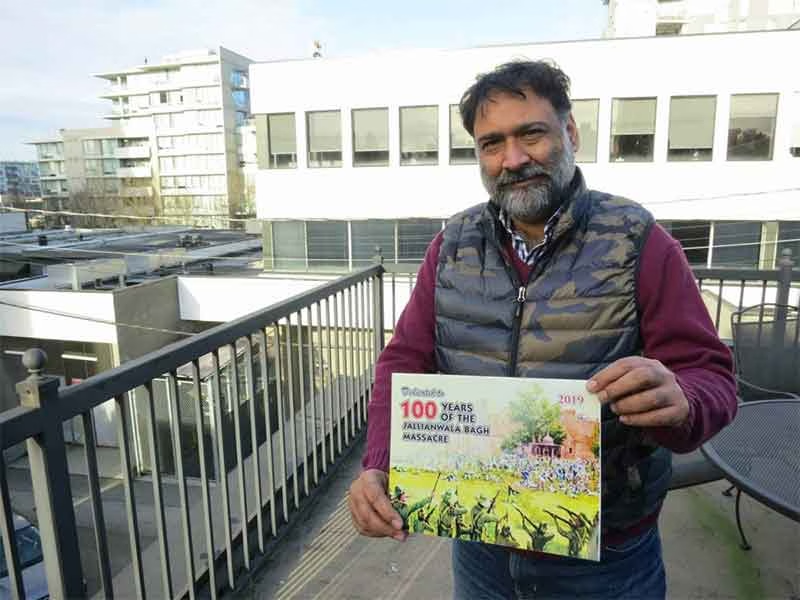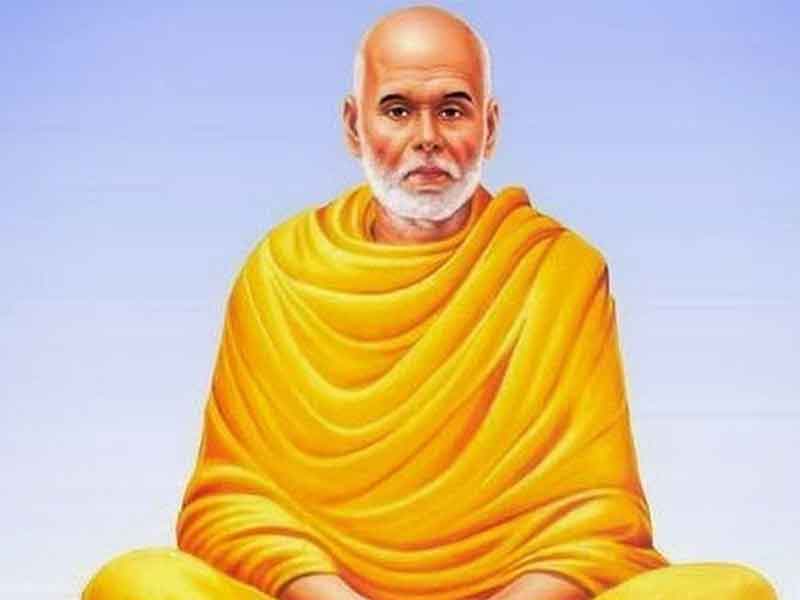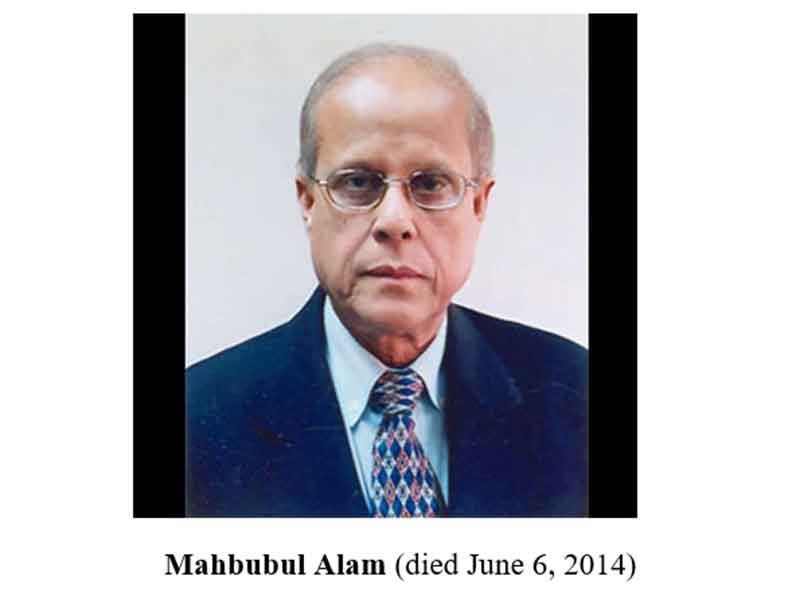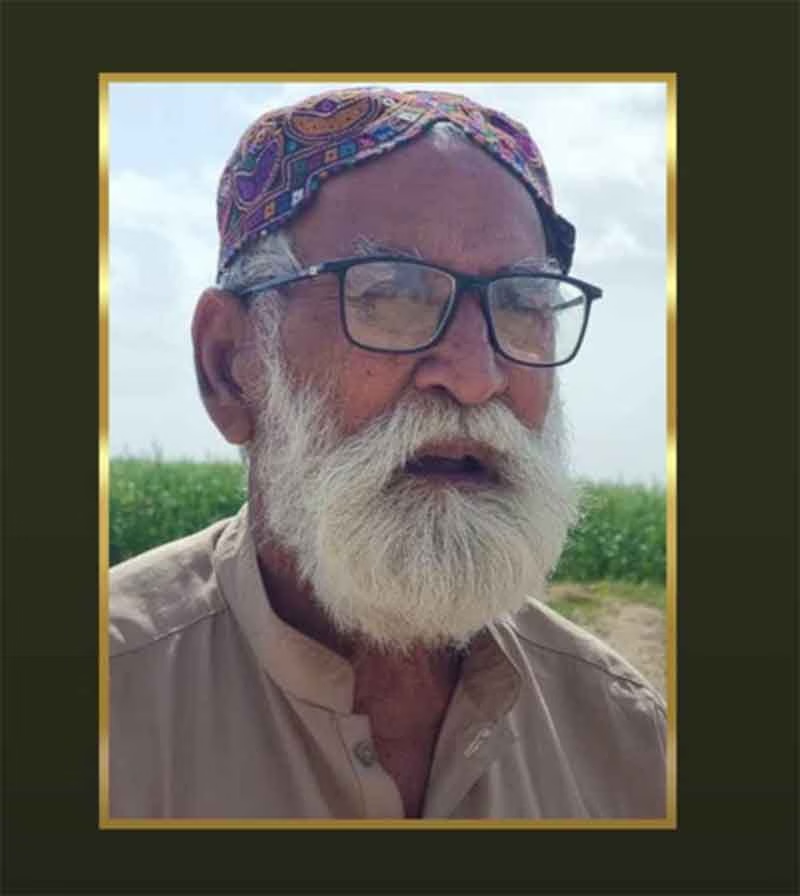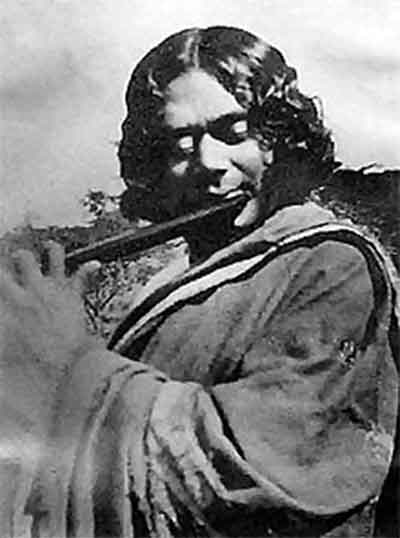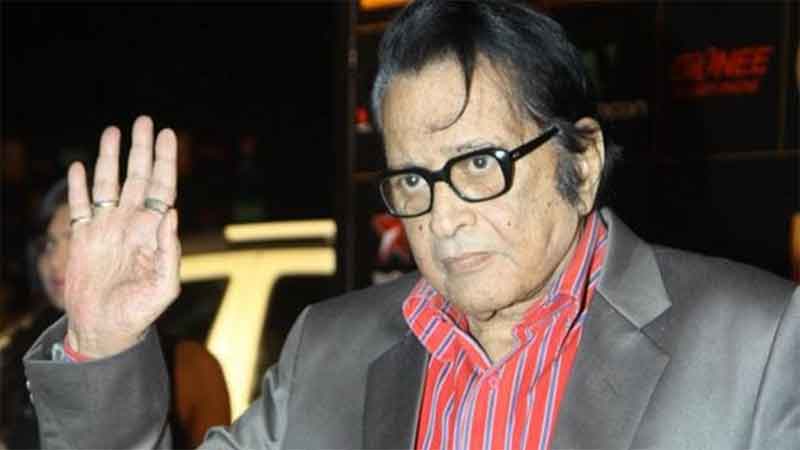
Manoj Kumar, who passed away on April 4, was a leading presence in Hindi cinema for several years who had carved out his own very distinct identity both as an actor and as director-producer. He achieved great popularity at both levels. While several of his films were great hits at the box-office, his most enduring contribution to Hindi cinema is in the form of two films.
The first of these Shaheed (1965) can lay claim to a place in any listing of the greatest films made in Hindi, particularly in the context of films made for social change. This film was based on the life of Shaheed Bhagat Singh and his companion freedom fighters, with the role of Bhagat Singh played by Manoj Kumar very effectively. While several films on Bhagat Singh have been made in Hindi, many regard this as the best among these films.
This success was partly due to the very deep commitment of Manoj Kumar to this subject and his deep emotional involvement with this, and partly this is due to the great popularity of the songs of this film and the tremendous impact these songs have created over the years. Six decades later, these continue to be the most sung solidarity songs and freedom movement songs. The great lyricist Prem Dhawan and top singers like Mohammad Rafi combined their skills to create very memorable songs, and Manoj Kumar ensured the very moving and inspiring filming of these songs. Here it should be pointed out that in this very rare case for Prem Dhawan, he was the lyricist as well as the composer of these songs. At times he has picked up a few lines of well-known freedom songs, such as from the poetry of Ramprasad Bismil, but developed this in his own way so that this these could be picked up very easily by people with their rhythm being closer to contemporary times.
Ae watan, ae watan, humko teri kasam is a song sung by Bhagat Singh in this film in a very determined voice at a time when his palm is burning due to a pledge he is taking of sacrificing his life for the freedom of the country. This song was sung by Mohammad Rafi in a voice which is kept restrained yet conveys great determination.
The second song Sar Faroshi ki Tamanna uses some famous lines penned by Ram Prasad Bismil, who too had sacrificed his life in the freedom movement, very effectively in the scene where Shahid Jatindra Nath Das is dying after a very long fast in the jail.
Rang de basanti chola is again a very popular song from the freedom movement which is still sung whenever the spirit of sacrifice for a great cause is evoked. In this film this song, punctuated with slogans, has been used in a very memorable way in the sequence in which the three great martyrs Bhagat Singh, Rajguru and Sukhdev are hanged. This has been sung jointly n by Mukesh, Mohammad Rafi, Rajendra Mehta and Lata Mangeshkar.
Ultimately the credit for assembling such great team work to create a truly great film, which still continues to be an inspirational film 60 years later, goes to Manoj Kumar.
The second film of enduring significance from Manoj Kumar is Upkar (1967). While in terms of quality of film making and deep emotional impact this film may not be in the same class as Shaheed, in terms of raising the spirit of the country in difficult times in inspirational ways this film is important in the history of Hindi cinema and must be seen by students of sociology of cinema in this context too.
After watching and admiring Shaheed, the then Prime Minister of India Lal Bahadur Shastri, for whom people had great affection, had suggested to Manoj Kumar that he should create a film around the theme ‘Jai Jawan , Jai Kisan’, a slogan Shastri had given to the country in the middle of increasing security risks to ensure the security of the country’s borders as well as to ensure food self-reliance so that the country is not dependent on food imports. Manoj Kumar, the sensitive young man that he was, took the message to heart and immediately plunged into this task, completing the well-made film rather quickly. Despite this, Shastri was not alive to see the film that was born from his suggestion. This remained a matter of permanent regret for Manoj Kumar.
However Upkar proved to be a highly popular film that really captured the imagination of the country at that time. As a child growing up in Delhi Cantt I still remember the great enthusiasm for this film, first the efforts to buy the ticket to see the film in the only cinema we had there, and then the endless discussion that followed about the film. At least for some months Manoj Kumar was the most celebrated film personality back then.
Subscribe to Our Newsletter
Get the latest CounterCurrents updates delivered straight to your inbox.
His role was greatly admired, and in addition the famous actor Pran in an entirely different role from the one he had been playing was also greatly appreciated.
Manoj Kumar went on to make popular films like Roti, Kapda our Makaan, Kranti and Shor, but these two (Shahhed and Upkar), I feel, represented the high point of his cinematic achievements at a rather early stage of his career.
Bharat Dogra has jointly authored a book with Madhu Dogra titled ‘Hindi Cinema and Society’. His collections of stories and poems include A Day in 2071, Navjeevan and Kathin Daur Mein Ummeed.

